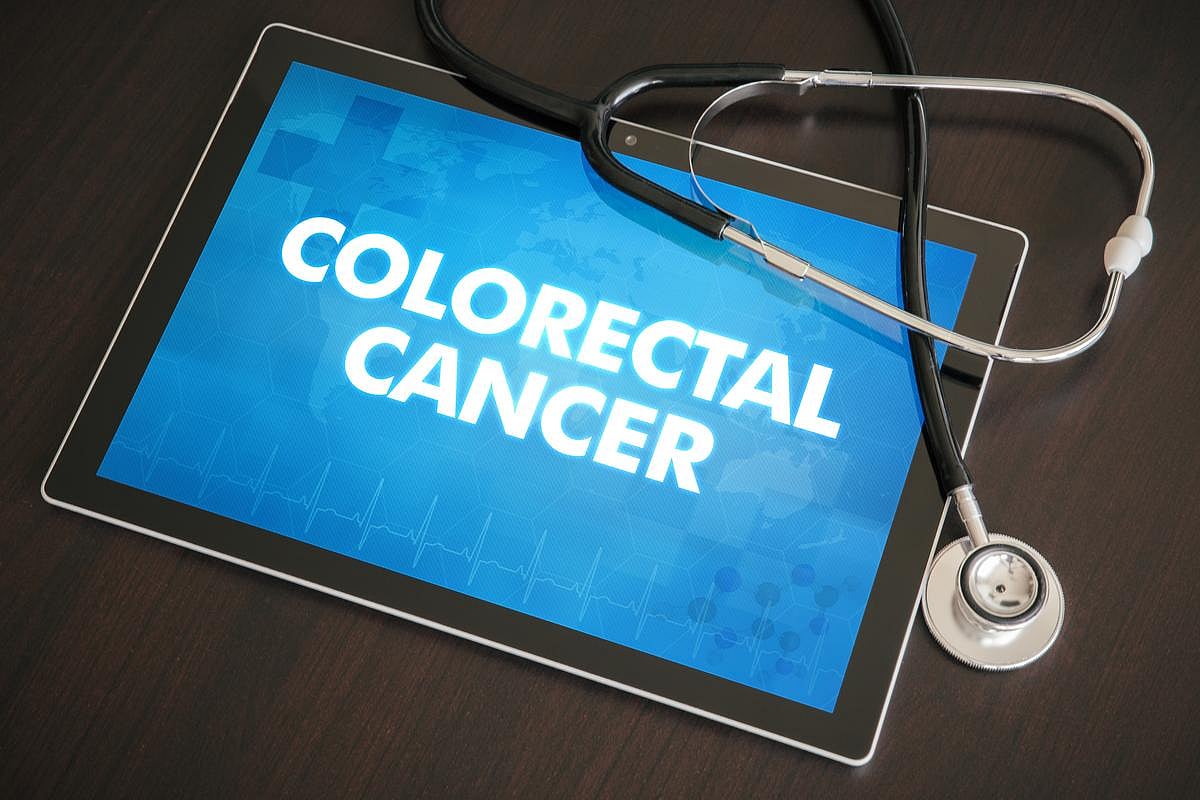Mon-Fri: 8:30a.m.-5:30p.m. | Sat: 9a.m.-12p.m. | Sun. & Major Holidays: Closed
Patient Resources
Get Healthy!
Colon Cancer Screening Program Cut Cases, Deaths, Eliminated Racial Gaps
- April 25, 2025
- Dennis Thompson
- HealthDay Reporter

A Kaiser Permanente colon cancer screening initiative put a huge dent in cancer cases and deaths over two decades, a new study says.
The systematic outreach program doubled colon cancer screening rates, researchers are scheduled to report at the upcoming Digestive Disease Week meeting in San Diego.
As a result, cancer cases were cut by a third and colon cancer deaths by half, researchers report.
In addition, racial disparities in colon cancer outcomes nearly vanished as a result of the initiative, researchers said.
“By offering an effective screening approach equally to everyone, we were able to eliminate much of the disparity,” said lead investigator Dr. Douglas Corley, chief research officer with the Kaiser Permanente Division of Research in Northern California.
“Ten years ago, there were big gaps in cancer risk and death, especially among our Black patients,” he said in a news release. “Now, those differences are nearly gone.”
For the study, researchers analyzed data from 1.1 million people aged 50 to 75 across 22 Kaiser Permanente medical centers from 2000 through 2019.
They evaluated outcomes of a systematic outreach program that started in 2007, reminding patients who were overdue for colon cancer screening and sending them convenient at-home stool tests.
Screening rates for colonoscopy or stool testing more than doubled, rising from just over 37% in 2000 to nearly 80% in 2019 across all racial and ethnic groups, researchers report.
Colon cancer diagnoses initially rose due to early detection, then declined by about 30%, results show.
Meanwhile, deaths from colon cancer decreased by about 50%, researchers said.
The largest reduction in colon cancer deaths occurred among Black patients, with rates falling from about 52 per 100,000 people to just under 24 per 100,000.
“We’re not treating the root causes -- we don’t know if it’s diet, exposures, or something else -- but by making screening available to everyone, we were able to level the playing field,” Corley said.
The flexibility offered patients was key to the dramatic increase in screening, he said.
“If you offer people more than one option for screening … they’re more likely to get screened than if you offer either option by itself,” Corley said. “To get above an 80% screening rate, you almost always have to offer people multiple options.”
Corley said this outreach model should even work in health systems that aren’t large and integrated like Kaiser Permanente.
“We’ve seen safety-net systems and smaller clinics adopt similar mailing and follow-up strategies,” he said. “It doesn’t require high-tech tools, just organization and the will to reach people where they are.”
Corley is scheduled to present these findings on May 3. Findings presented at medical meetings are considered preliminary until published in a peer-reviewed journal.
More information
The U.S. Centers for Disease Control and Prevention has more on colon cancer screening.
SOURCE: American Gastroenterological Association, news release, April 25, 2025

